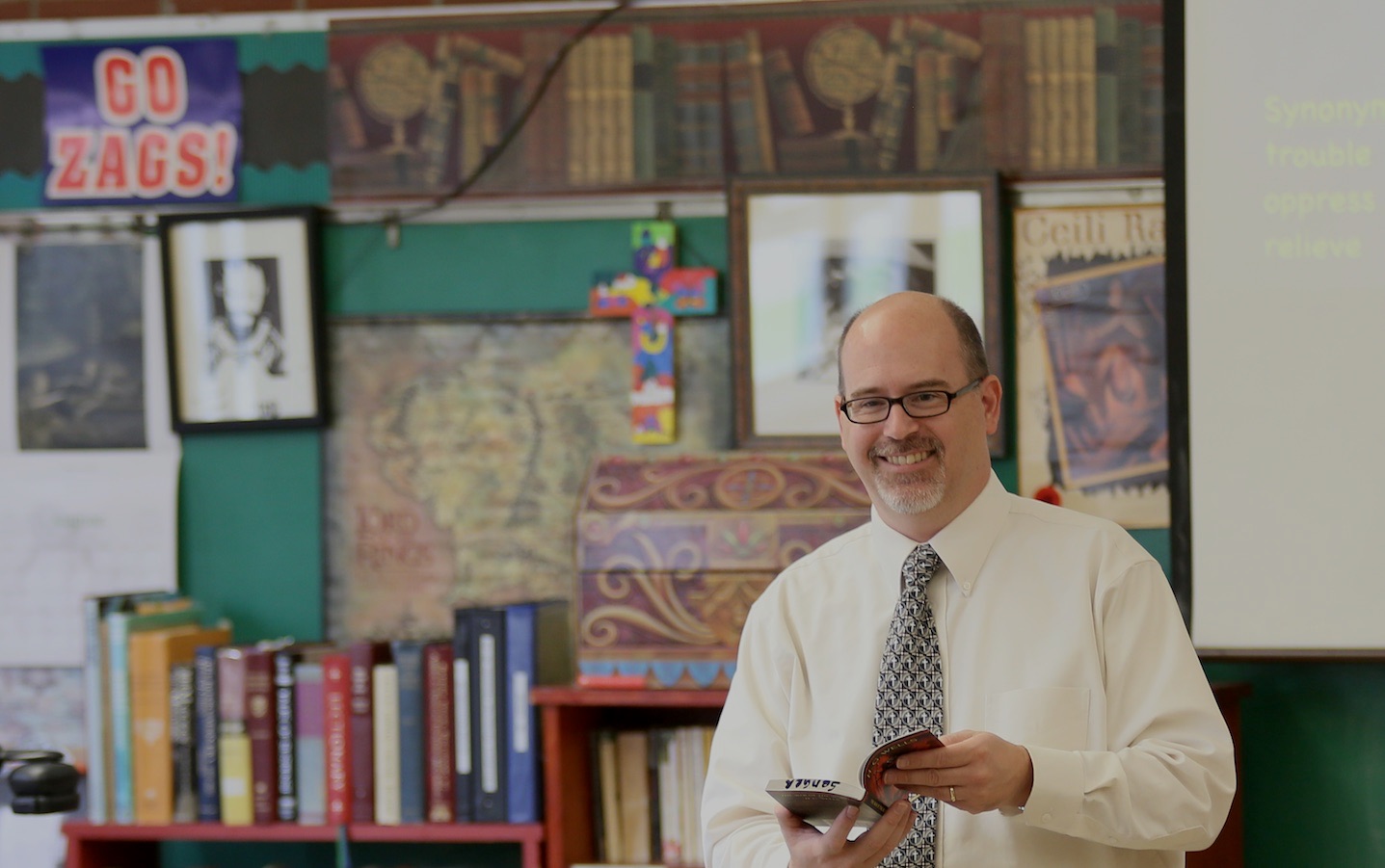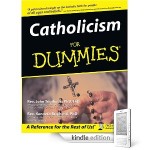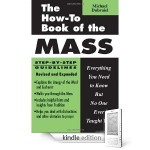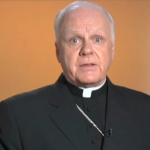 The beginning of a new school year can be chaotic, stressful and incredibly busy. Trying to fit prayer and meditation into the day can be difficult, but it’s exactly in these busy times that they’re most needed. Brother Luke Grande’s book Twelve Virtues of a Good Teacher is a practical, thought-provoking source of material for teachers to contemplate. In part one of 12 Virtues of a Good Teacher we reflected on Brother Luke’s insights in to wisdom, prudence, piety and zeal. His thoughts continue with the virtues of generosity, justice, kindness and firmness.
The beginning of a new school year can be chaotic, stressful and incredibly busy. Trying to fit prayer and meditation into the day can be difficult, but it’s exactly in these busy times that they’re most needed. Brother Luke Grande’s book Twelve Virtues of a Good Teacher is a practical, thought-provoking source of material for teachers to contemplate. In part one of 12 Virtues of a Good Teacher we reflected on Brother Luke’s insights in to wisdom, prudence, piety and zeal. His thoughts continue with the virtues of generosity, justice, kindness and firmness.
Generosity
“Generosity, then, whether it be natural or supernatural, is essentially a willingness to sacrifice oneself for others; it is a social virtue extraordinaire, since it leads the teacher to act with spontaneous sympathy, not calculating the gain or loss, but desiring only the good with whom he comes into contact.”
- What sacrifices will I be asked to make for the sake of the students this year?
- How can my generosity arise more from a desire to do good than from a desire to gain something in return?
Justice
“Ninety percent of the problem regarding justice has to do with a teacher’s establishing order in the classroom. Of course, there must be order. And discipline is one of the means to bring it about; but the teacher should never confuse the one for the other: order is not necessarily discipline, nor discipline order….Ideally, discipline should be self-discipline guided guided by the wise teacher, not an imposed discipline enforced with military tactics by an overbearing, petty tyrant.”
- How does the organization of my classroom and procedures foster order and fairness?
- Have I confused discipline with order? How are they different?
- How can I foster more self-discipline in my students and decrease imposed discipline?
Kindness
“Manner, not matter, best distinguishes a Christian kindness from the merely humanitarian deed. For one thing, it is specific, not generic, sympathizing with individual people, not abstract “humanity”; an example is Mary, at the wedding feast of Cana, foreseeing the embarrassment of the host and hostess and quietly and kindly helping them out of their difficulty. The teacher, like Mary, must learn to see the individual face in the amorphous “class,” the individual problem in the “sea of troubles” if he is to do any good.”
- Who are the individuals that need my specific generosity this year?
- Who are the people in my life that, like Mary, demonstrate Christian kindness?
Firmness
“…the Christian, without becoming schizophrenic, believes in both kindness and firmness, and that the two virtues are virtually inseparable, because both are facets of the spiritually courageous man…; he aims at the conquest of the Kingdom of Heaven, a heaven-storming project that depends, not upon his own strength, but upon a supernaturally invigorated power from God….It is not surprising then, that the Christian teacher who, when viewed from one angle, is gentle, kind and forgiving, is also firm and steadfast when the occasion requires it.”
- When am I called upon to be firm with my students?
- How well do I balance kindness with firmness?
- Do I ever give in when I should be steadfast?
In part three Brother Luke’s reflections conclude with the virtues of humility, patience, seriousness, and silence.




 The beginning of a new school year can be chaotic, stressful and incredibly busy. Trying to fit prayer and meditation into the day can be difficult, but it’s exactly in these busy times that they’re most needed. Brother Luke Grande’s book
The beginning of a new school year can be chaotic, stressful and incredibly busy. Trying to fit prayer and meditation into the day can be difficult, but it’s exactly in these busy times that they’re most needed. Brother Luke Grande’s book 


